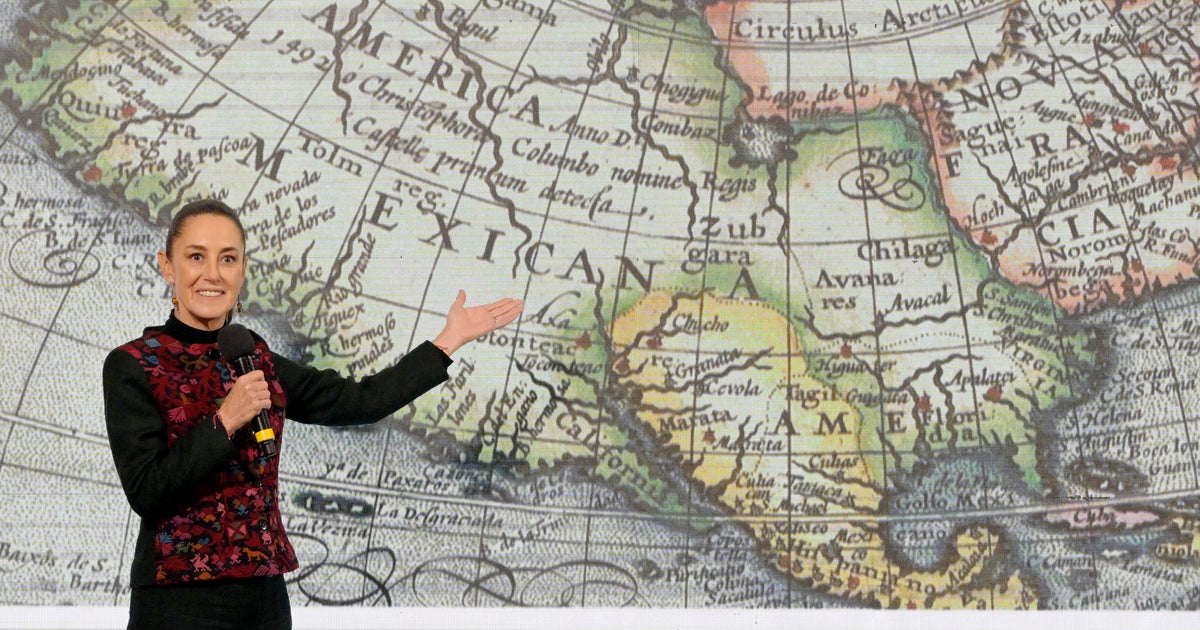World
Oil Prices Climb on OPEC Data and a Strong U.S. Economy | OilPrice.com

Crude oil prices moved higher today, after the release of production data from OPEC and Russia, showing both declined in December.
An additional bullish factor for oil was a new employment survey from the United States, which showed layoffs were low and job openings were growing, suggesting a strong economy.
At the time of writing, Brent crude was trading at $77.34 per barrel, and West Texas Intermediate was changing hands for $74.65 per barrel, both up from opening.
“Robust U.S. economic data continues to bolster the outlook for the U.S. economy and oil demand, further supported by a larger-than-anticipated drawdown in crude inventories,” IG analyst Yeap Jun Rong told Reuters. “After trading within a prolonged tight range since October last year, selling pressures may have been exhausted for now, paving the way for a modest recovery,” he added.
How long the current rally will continue remains unclear. “Cold fronts in the US and Europe are driving crude higher, with some support from concerns over the loss of Iranian barrels if the Trump administration tightens sanctions,” Vandana Hari, founder of Singapore-based Vanda Insights, told Bloomberg. “Nonetheless, crude looks overbought. It may yield to profit-taking, though that might need a reminder of the global economic headwinds.”
Earlier in the week, Reuters reported that OPEC oil production likely fell in December, based on a survey that suggested the UAE saw the largest decline in output due to field maintenance. That reduced the country’s output by some 90,000 bpd, contributing to an OPEC-wide monthly decline of 50,000 bpd, as it offset production gains elsewhere. Iran’s output also fell, the survey suggested, by 70,000 bpd.
Russia, meanwhile, also reported lower production numbers for December, with the daily average at 8.971 million barrels daily, which was below the level agreed with OPEC+ as part of the production control deal.
By Irina Slav for Oilprice.com










